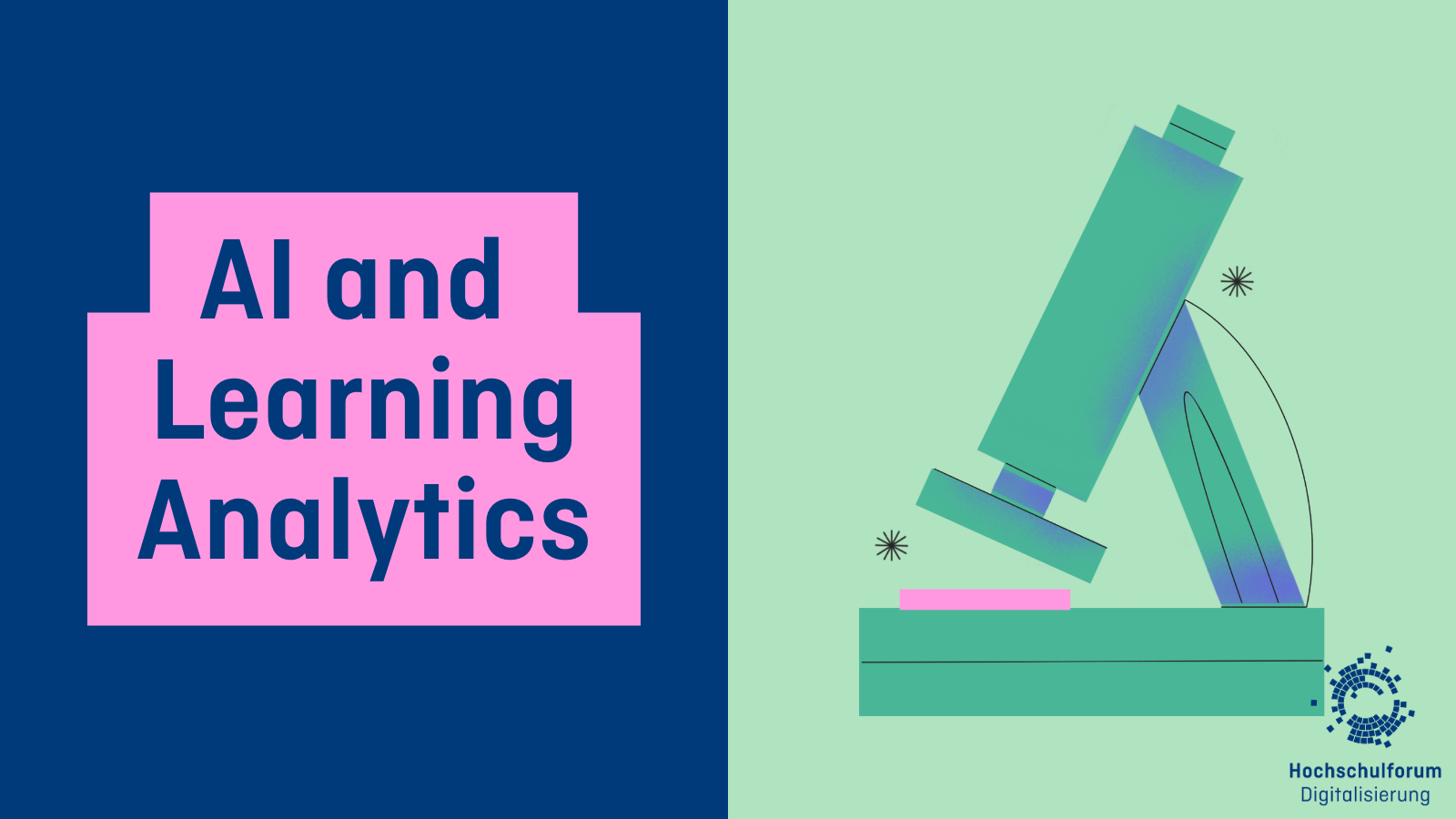Learning analytics and AI in the university context

Learning analytics (LA) is playing an increasingly important role in the further development of university teaching. They enable data-supported analyses, support personalized learning processes and can contribute to the improvement of study progression. On the one hand, the use of LA opens up new potential for teaching, didactics and organization; on the other hand, it requires clear framework conditions, suitable infrastructures and interdisciplinary cooperation.
Despite initial successes in dealing with artificial intelligence (AI) at German universities, there are still unresolved infrastructural, strategic, legal and didactic issues in dealing with AI in teaching and learning and in administration.
In May 2025, four representatives from TU Darmstadt and RheinMain University of Applied Sciences traveled to Norway to find out how universities in Norway are already successfully using AI and learning analytics. The aim was to learn about tried-and-tested models and gain inspiration for the German university context. The international exchange is an important step towards further developing innovative German teaching and learning scenarios.
Norway as a driving force
The destination of the trip was the University of Bergen, one of Europe’s leading universities in the field of learning analytics and AI. The focus was on the Center for the Science of Learning and Technology (SLATE) and the Learning Lab. These institutions are responsible for pioneering projects such as EduTrust AI and Scalable Learning Analytics in Higher Education and are funded as Norwegian National AI Centers. Intensive research and application-oriented work is carried out here – a model with exemplary character.
The delegation focused on three central topics:
- Learning analytics in teaching: necessary concepts, guidelines and competencies as well as the successful transfer of research into practice
- Artificial intelligence at universities: proven tools, infrastructures, further training and the promotion of interdisciplinary collaboration
- Cooperation and education policy: strategic, ethical and sustainable anchoring of AI in higher education
You can find out more about the specific issues in the task cards:
Insights and impulses from the delegation trip
- Learning analytics needs clear structures and data expertise
- Successful use of AI through practical training and clear responsibilities
- Strategic anchoring requires political and institutional framework conditions
Further insights into key findings, experiences and recommendations can be found in the Hangout.
In addition, the results of the delegation trip are specifically incorporated into various networks in order to promote broad-based transfer, for example:
- in open exchange formats such as the Digital Coffee Round of the HessenHub project.
- within the subject-specific groups of the Learning Analytics areas and the ILIAS community of the universities
Delegation

Lisa Ulzheimer (Hochschule RheinMain)
Einsatz von KI in der Hochschullehre und Entwicklung von Schulungskonzepten für Lehrende.

Nina Christ (Hochschule RheinMain)
Förderung des KI-Einsatzes in der Hochschullehre und Implementierung von KI-basierten Systemen, wie zum .Beispiel. Chatbots, zur Unterstützung von Hochschulangehörigen.

Julia Geißler (Hochschule RheinMain)
Implementierung von Learning Analytics im Rahmen des Verbundprojekts HessenHub sowie Entwicklung didaktischer Konzepte und technischer Lösungen.

Christian Hoppe (TU Darmstadt – Leiter der E-Learning-Arbeitsgruppe)
Implementierung von Learning Analytics im Rahmen des Verbundprojekts HessenHub sowie Entwicklung didaktischer Konzepte und technischer Lösungen.
